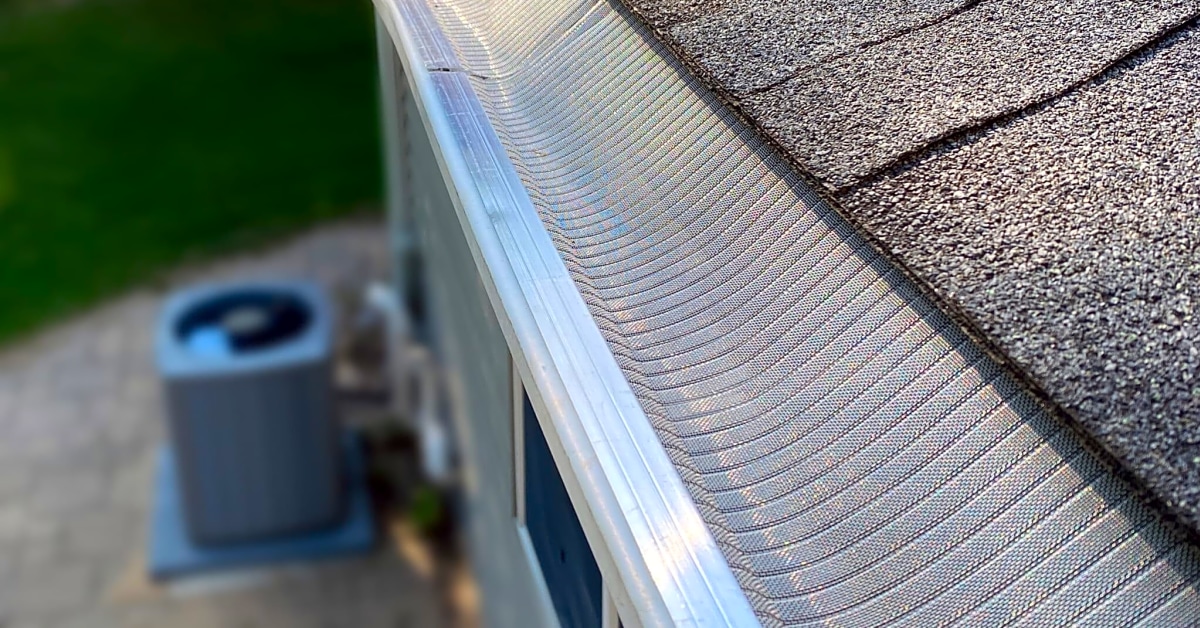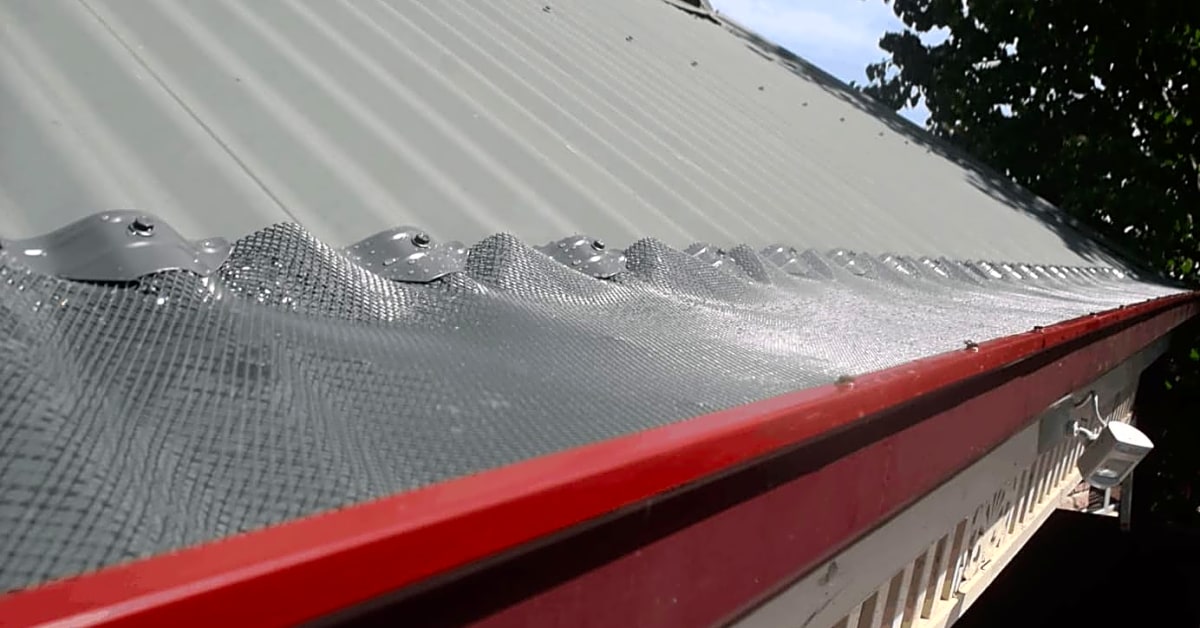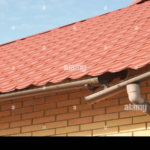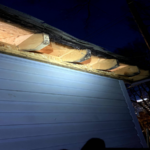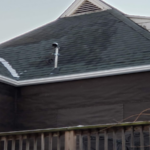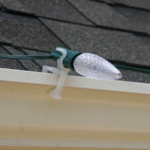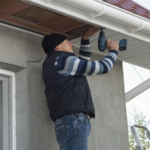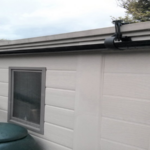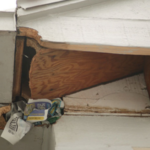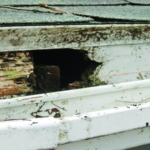Are you tired of constantly cleaning your gutters and dealing with clogs and overflowing water? Look no further! In this article, we will dive into the world of DIY gutter guard options, specifically focusing on foam gutter guards. We will compare and contrast various options to help you make an informed decision for your home. Whether you are a DIY enthusiast or just looking for an affordable and effective solution, this guide has got you covered. Say goodbye to the hassle of maintaining your gutters and hello to a cleaner, more efficient gutter system. Let’s get started!
When it comes to keeping your gutters free from leaves and debris, there are many options available on the market. However, for those looking for a do-it-yourself solution, it can be overwhelming to choose the right gutter guard. In this article, we will compare different DIY gutter guard options and help you make an informed decision based on your needs and budget.
If you are considering installing gutter guards yourself, you may be wondering which type is the most effective. Some of the most popular DIY gutter guard options include covers, screens, and foam guards. Each of these types has its own unique features and benefits, so let’s take a closer look at each one.
Covers: Gutter covers are typically made from a solid material that covers the top of your gutters, allowing water to flow through while keeping debris out. They are often made from plastic or metal and can be installed by clipping onto the front edge of your gutters. While covers may be more expensive than other options, they are known for their durability and effectiveness in keeping gutters clear.
Screens: Gutter screens are made from a mesh material that covers the top of your gutters, allowing water to pass through while blocking debris. They are generally easier to install than covers, as they can be simply placed over your gutters and secured with clips or screws. Screens are a popular choice for DIY gutter guards due to their affordability and ease of installation.
Foam Guards: Foam gutter guards are made from a foam material that fits inside your gutters and allows water to flow through while preventing debris from entering. They are typically the most budget-friendly option and can be easily cut to fit any size gutter. Foam guards may not be as durable as covers or screens, but they are still effective in keeping gutters clear and are often considered the easiest option for DIY installation.
Aside from their effectiveness in keeping debris out of your gutters, another important factor to consider is the ease of installation. While covers may require more time and effort to install, foam guards and screens can usually be installed in a matter of hours. This makes them a great choice for those looking for a quick and easy DIY solution.
Of course, one of the main reasons people opt for DIY gutter guard options is to save money. Hiring a professional to install gutter guards can be costly, but by choosing to install them yourself, you can save a significant amount of money. With covers being the most expensive option, foam guards and screens are often the more budget-friendly choices.
In conclusion, when it comes to choosing the right DIY gutter guard for your home, it’s important to consider both effectiveness and ease of installation. Depending on your budget and preferences, covers, screens, and foam guards all offer their own unique benefits. By weighing these factors and doing some research, you can confidently choose the best DIY gutter guard for your needs.
Screens: A Cost-Effective Option
Screens are another popular choice for DIY gutter guards. They are made of mesh or perforated metal and are placed over your gutters, allowing water to flow through while keeping debris out.
Foam Guards: A Newer Alternative
Foam guards are a newer type of gutter guard that involves inserting foam pieces into your gutters. The foam allows water to flow through while blocking leaves and debris.
Covers: The Traditional Gutter Guard
When it comes to protecting your gutters, covers are a tried and true option. These guards are typically made of metal or plastic and are placed on top of your gutters, creating a barrier that prevents leaves and debris from entering. They are a popular choice among homeowners due to their durability and effectiveness.
While there are many different types of covers available, they all work in a similar way. The cover sits on top of the gutter and has small holes or slits that allow rainwater to flow through but block larger debris. Some covers also have a curved design that helps redirect the flow of water into the gutter while keeping debris out.
The installation process for covers can vary depending on the type you choose, but most can be easily installed as a DIY project. They usually come with instructions and all the necessary hardware for installation. However, it’s important to note that covers may require more maintenance compared to other DIY gutter guard options. Over time, they can become clogged with debris and may need to be cleaned or replaced.
When comparing covers to other DIY gutter guard options, it’s important to consider your budget and specific needs. Covers tend to be more expensive than other options, but they also offer long-term protection for your gutters. If you live in an area with heavy rainfall or have a lot of trees surrounding your home, covers may be the best choice for you. However, if you’re on a tighter budget, there are other DIY options that may be more affordable. Overall, covers are a reliable and effective choice for keeping your gutters free from leaves and debris.Ultimately, the best DIY gutter guard option for you will depend on your specific needs and budget. If you want a traditional option that is proven to be effective, covers may be the way to go. If you are looking for a cost-effective solution, screens may be the better choice. And if you want a newer alternative with easy installation, foam guards may be the answer. Whichever option you choose, investing in DIY gutter guards can save you money in the long run by preventing clogs and potential damage to your gutters.
